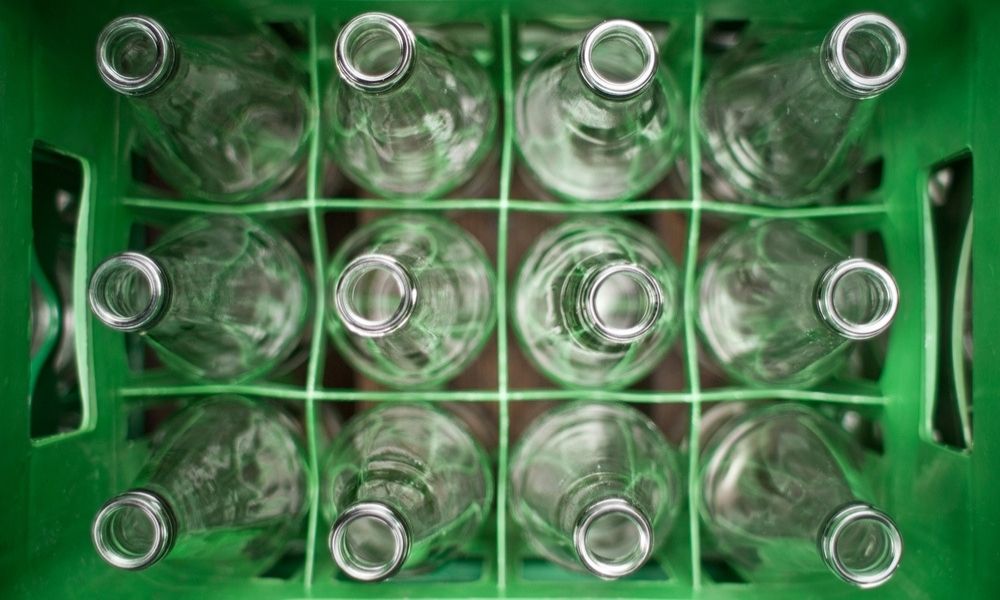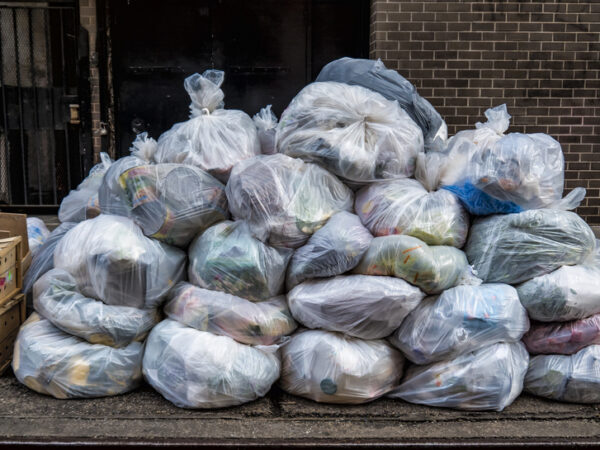About the Project
What are Zero Waste systems? They’re tools for sustainably preventing, reducing, and diverting waste. Tools that benefit people, the environment, and our economy. At Just Zero, we work to help communities implement innovative and effective Zero Waste policies that reduce trash, improve recycling, and eliminate the need for polluting landfills and incinerators. By supporting smarter systems for reuse, composting, and recycling, we can phase out polluting landfills and incinerators – and build cleaner, healthier, and more resilient communities in their place. This means passing new Bottle Bills, requiring companies to redesign their products and packaging to be reusable, recyclable, and non-toxic, and developing programs where food is donated or composted – not wasted.
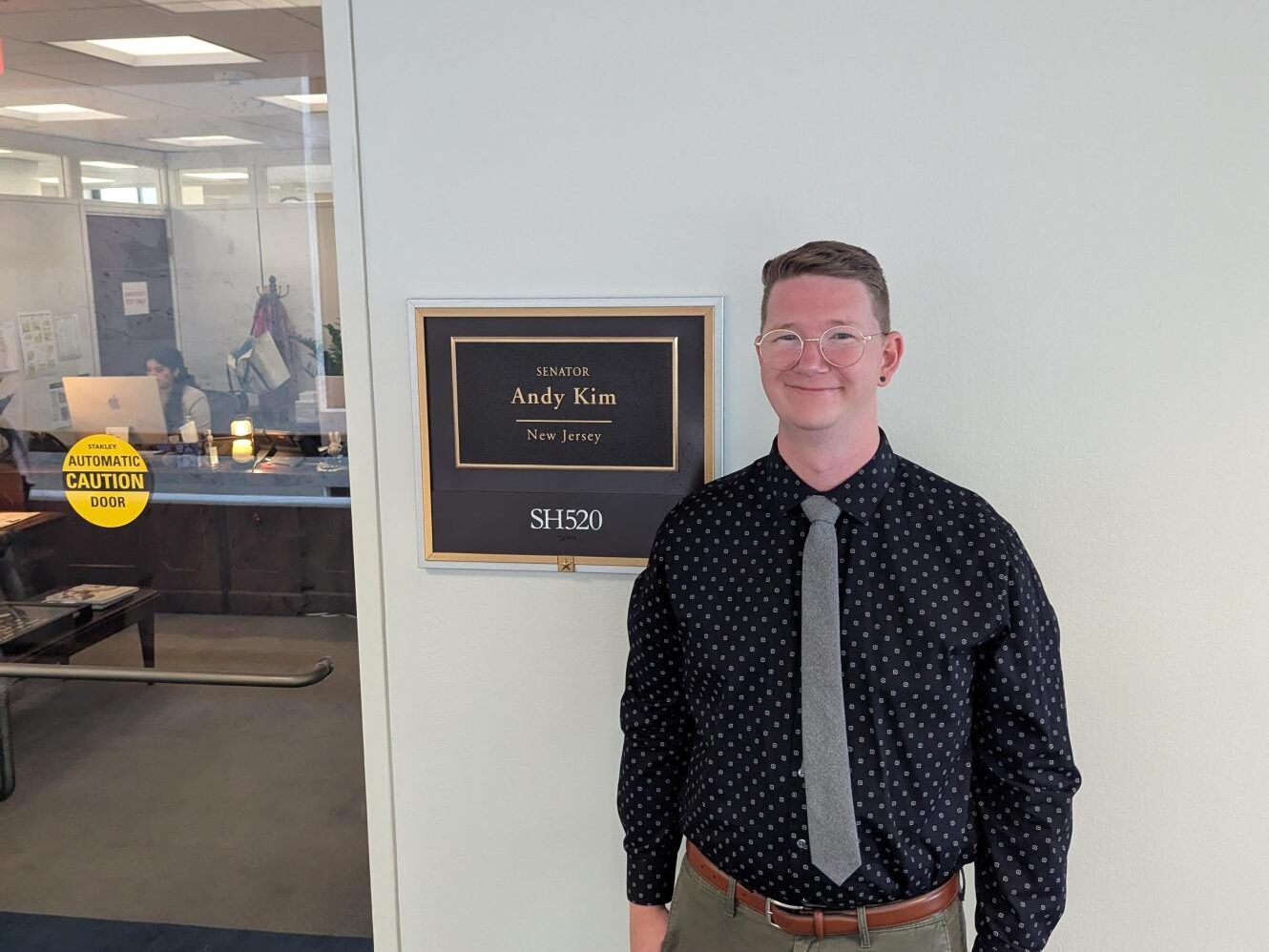
Photo: Just Zero
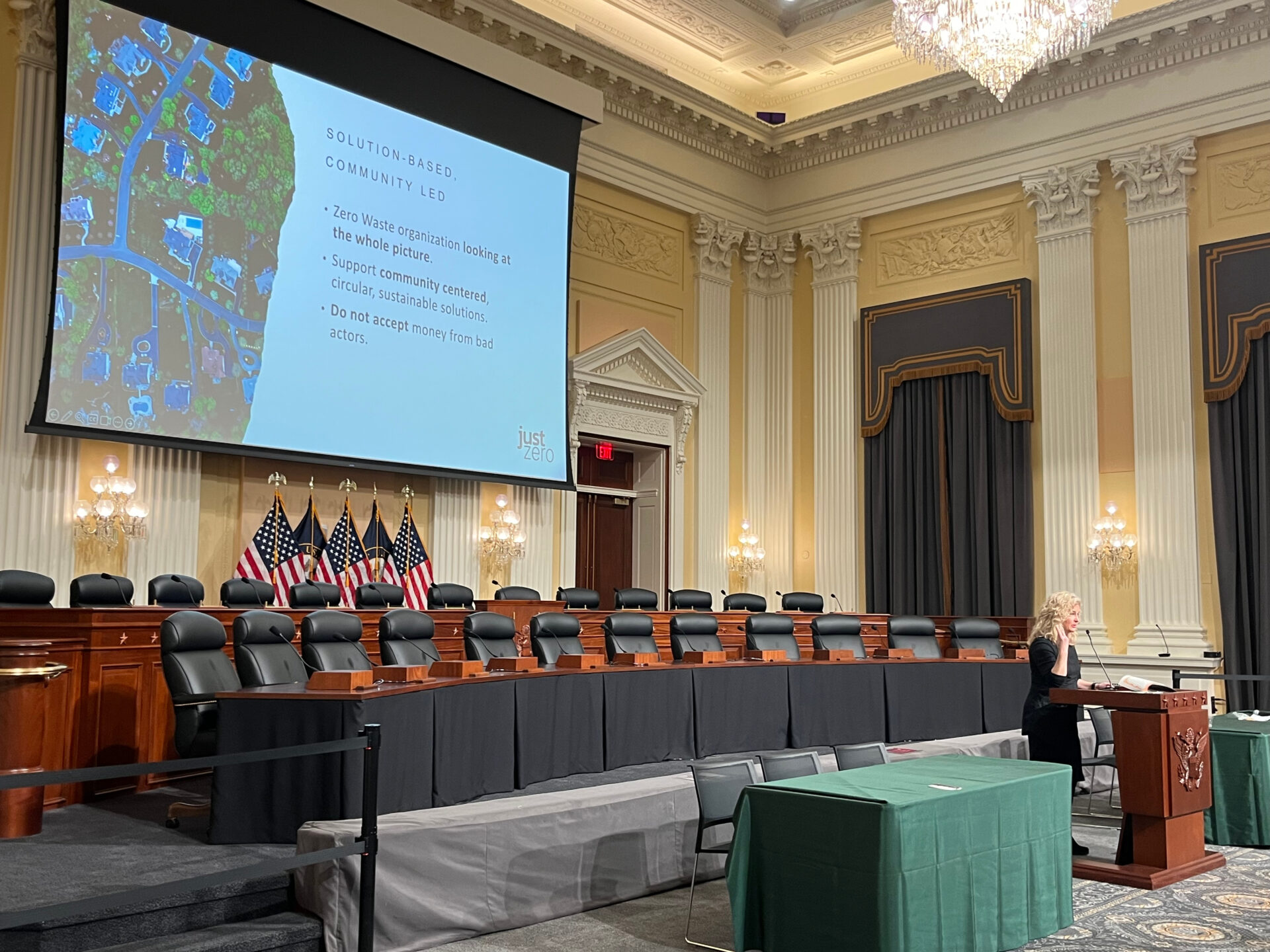
Photo: Just Zero
The Problem
Communities across the United States are drowning in trash. Why? Because unsustainable production and consumption practices have normalized a “throwaway culture.” A culture where we discard things without any thought as to where they go and the impacts they have. But the “where” is a real place. Typically, we send trash to landfills and incinerators – facilities that threaten our health, harm the environment, and waste valuable resources that could be reused or recycled. On top of that, these facilities are disproportionately located in communities of color, low income, and/or limited English proficiency. Simply put, the cycle of production, consumption, and disposal has created a toxic and unjust waste crisis. But we have the tools to change that. Zero Waste systems require us to be smarter and more creative with how we manage waste. And they do so in a safe, sustainable, and just way – all while keeping big polluters accountable.
Areas of Impact
Zero Waste systems don’t damage our climate and environment like burying and burning trash do. Instead, they help protect the planet and can even reverse some of the harm that’s been done.
Zero Waste systems strengthen our economy by creating green jobs. They also bring in money to local governments – not giant waste companies – which provides even more financial support to communities.
Dangerous waste facilities are routinely forced into communities of color, low-income, and/or limited English proficiency. Switching to Zero Waste systems helps shut these deeply unjust facilities down.
Burning and burying trash pollutes our air, soil, and waterways, ultimately exposing people to dangerous toxics that can compromise their health. Zero Waste systems mean cleaner air, cleaner water, and healthier people.
Our Policy and Advocacy Solutions
Beverage containers – plastic bottles, glass bottles, and aluminum cans – are highly recyclable and can be redesigned to be reusable. Yet, every year, billions of beverage containers end up in landfills, incinerators, or the environment as litter. Why? Because communities don’t have effective systems to collect, manage, and recycle or reuse these containers.
Modern bottle recycling systems, or “Bottle Bills,” are a Zero Waste system that directly addresses this problem. These programs place a small, refundable deposit on all bottles and cans. Consumers get that money back when they return the empty containers for recycling or reuse. This creates a separate recycling system solely for beverage containers, which keeps the containers clean and sorted – increasing their recyclability. More importantly, the refundable deposit placed on each container motivates people to recycle them.
Bottle Bills are an excellent example of why Zero Waste systems are the path forward. They consistently reduce litter, raise recycling rates, and generate green jobs – at no cost to consumers or state and local governments. Currently, only ten U.S. states have Bottle Bills: California, Connecticut, Hawaii, Iowa, Maine, Massachusetts, Michigan, New York, Oregon, and Vermont. But Just Zero is working with several other states and communities across the country to implement new Bottle Bill programs and modernize existing ones.
Progress Highlights
Works to Modernize and Expand Bottle Bill Programs
Just Zero partners with advocates in Massachusetts and New York to modernize, expand, and strengthen existing bottle bills. These efforts will increase recycling rates, reduce litter, and invest in reuse.
Partners with Groups Across the Country to Support Bottle Bills
Just Zero actively supports new Bottle Bill legislation in Illinois, Maryland, New Jersey, Rhode Island, and North Carolina throughout the 2025 legislative session.
Launch of Model Beverage Container Legislative Toolkit
Just Zero publishes an interactive Beverage Container Legislative Toolkit. This resource provides language and guidance for anyone looking to design and implement a Bottle Bill in their state.
Maine Passes Legislation Modernizing the Bottle Bill Program
In collaboration with partners in Maine, Just Zero helps pass a new law that strengthens and modernizes the state’s Bottle Bill program. The new law increases funding for the program, makes container sorting more efficient, and promotes reuse.
Just Zero Selected to Join Rhode Island Bottle Bill Study Commission
At the request of legislators in Rhode Island, Just Zero joins the Rhode Island Bottle Bill Study Commission to help inform the development of a Bottle Bill proposal that will work for communities across the state.
Food waste is a significant contributor to both the waste and climate crises. Almost 40% of the food produced in the U.S. each year isn’t eaten. Meanwhile, millions of people struggle with food insecurity. Most of that uneaten food ends up in climate-damaging incinerators and landfills.
We produce more than enough food to feed everyone. But we don’t have good systems in place to help this food reach those who need it most, while also keeping the rest out of landfills, incinerators, and sewers. Just Zero is working to change that. We have readily available Zero Waste systems for managing food waste. With these systems in place, most food waste can be eliminated, and what remains can be composted.
Composting is a natural process where bacteria and fungi break down organic material so it can replenish soil and strengthen plant growth. No polluting landfill or incinerator needed! Composting also saves people money, reduces climate-damaging emissions, and puts organic waste to good use.
Just Zero helps develop laws and policies that tackle food waste. Whether in the form of state legislation or local ordinances, these policies help reduce food waste, increase the amount of food that is donated, and bolster food waste recycling programs like composting. We also work with elected officials and government agencies to implement composting programs in ways that keep organic materials out of landfills.
Progress Highlights
Maine Adopts Food Waste Reduction and Recycling Law
Just Zero helps Maine adopt a new law that will slash food waste and strengthen compost systems. The new law is based on Just Zero’s model Food Waste Legislative Toolkit.
Launch of Model Food Waste Legislative Toolkit
Just Zero publishes an interactive Food Waste Legislative Toolkit. This resource provides language and guidance for anyone looking to design and implement a Food Waste Prevention and Recycling Law in their community.
Launch of Greenwashing Toolkit That Helps Keep Compost Clean
Just Zero publishes an interactive Greenwashing Toolkit. This resource helps communities implement laws that prevent companies from labelling products as compostable unless they can safely break down to produce a clean compost.
Calls on Federal Government to Implement Policies to Reduce Food Waste
Just Zero leads several environmental organizations in demanding that federal agencies implement actions that will reduce food waste, increase food donations, and bolster food waste recycling practices like composting.
Publishes Report on How Communities Can Address Food Waste
To help communities understand food waste and how to address it, Just Zero publishes an issue brief – Tackling Food Waste Through Prevention and Recycling Laws.
Strengthens Vermont’s Food Waste Recycling Law
With the help of our partners in Vermont, Just Zero calls on the Vermont Agency of Natural Resources to overturn policies that impede the success of the state’s food waste recycling law.
Roughly one third of all U.S. household waste is single-use packaging – like plastic wrap, cardboard boxes, plastic containers, bubble wrap, and plastic foam. Practically all this packaging is preventable. Plus, a significant portion of it is unrecyclable plastic that is made of and coated with toxic chemicals that can seep into products like food and cosmetics.
Companies have no incentive to redesign their products and packaging to reduce waste, remove toxic chemicals, or ensure they are reusable or recyclable. Instead, companies prioritize manufacturing things as cheaply as possible. And that’s because they don’t have any responsibility for all this packaging once it’s thrown away. So, who ends up paying the financial cost of collecting and (attempting to) recycling it? Local governments and individuals like you and me.
That’s where Packaging Reduction and Recycling policies (sometimes called Extended Producer Responsibility for Packaging Laws) come in. These Zero Waste systems require companies to take back the financial burden of collecting and managing the waste their products create. Even better, these companies are responsible for funding new systems that reuse and recycle packaging materials – rather than disposing of them. At their best, these systems force companies to reduce or eliminate single-use packaging, as well as redesign their products to be reusable, recyclable, and less toxic.
Just Zero works with communities across the country to implement new Packaging Reduction and Recycling Laws that make companies – not individuals – responsible for addressing the packaging waste crisis.
Progress Highlights
Maine Adopts Rules to Implement Packaging Waste Reduction and Recycling Program
Maine adopts the rules that will implement the state’s new Packaging Reduction and Recycling Program. Just Zero fought to ensure the rules require companies to eliminate needless single-use packaging, invest in reusable packaging, and increase the use of recyclable and compostable packaging materials.
Just Zero Addresses the National Recycling Congress
Just Zero presents to the National Recycling Congress on how Packaging Reduction and Recycling Laws hold companies responsible for their packaging waste, explaining how these policies can be implemented to eliminate waste and increase recycling – all while saving consumers and communities money.
Launch of Model Packaging Waste Legislative Toolkit
Just Zero publishes an interactive Packaging Waste Legislative Toolkit. This resource provides language and guidance on building a Packaging Reduction and Recycling Bill that works for your community.
Minnesota Becomes the 5th State to Adopt a Packaging Reduction and Recycling Law
Just Zero supports efforts by groups in Minnesota to enact a Packaging Reduction and Recycling Law that will require large companies to eliminate needless packaging waste and redesign their products and packaging to be recyclable and reusable.
Just Zero Helps Enact Packaging Reduction and Recycling Needs Assessment Laws in Illinois and Maryland.
Working with coalitions in Illinois and Maryland, Just Zero helps pass new legislation requiring a comprehensive evaluation of packaging waste in both states. The law will eventually lead to proposals for a comprehensive law to reduce single-use packaging waste.
The waste crisis is about so much more than the individual choices that fill up our trash bins each week. Individual choices and actions can only get us so far when we’re facing a pervasive and systemic problem. Right now, the status quo of “make, bury, burn,” is threatening our health and the environment. We have better, less expensive, less dangerous options that don’t damage our climate or poison our communities. The good news is that many states, counties, and cities take a holistic approach to the waste they produce and how it’s managed using Solid Waste Management Plans.
The bad news is that these plans often take a lackluster, business-as-usual approach to waste planning that is rooted in toxic and climate-damaging landfills and incinerators that have plagued our planet and communities for decades. But it doesn’t need to be this way. Solid Waste Management Plans can and should be an effective tool to completely re-evaluate your community’s relationship with waste. These plans can provide the groundwork for programs that eliminate waste, invest in real Zero Waste systems, create jobs, and protect the environment.
Just Zero works with communities across the country to help ensure that Solid Waste Management Plans are setting us on a path to Zero Waste. We help educate folks about where their trash is going and the impact these decisions have on our health and environment. We connect people who are striving to implement toxic-free and sustainable Zero Waste Systems. And we weigh in on Solid Waste Management Plans to ensure they’re focused on solutions, not perpetuating environmental injustice.
Progress Highlights
Joins the Rhode Island Solid Waste Advisory Committee
Just Zero is selected as a member of the Rhode Island Technical Advisory Committee to assist in the development of the state’s new Solid Waste Management Plan.
Launch of Solid Waste Planning Toolkit
To support communities in navigating the solid waste planning process, Just Zero releases an interactive toolkit that helps break down the solutions communities should be exploring to create a pathway to Zero Waste.
Presents to the Philadelphia City Council on How to Develop a Zero Waste Plan
Just Zero assists the Philadelphia City Council as it explores ways to address the environmental justice and public health impacts of the city’s solid waste management system.
Weighs in on Connecticut Solid Waste Management Plan
When Connecticut began updating its solid waste management plan, Just Zero urged the state to abandon policy proposals and programs that would see the state deepen its dependency on polluting landfills and incinerators.
Urges New York to Revise Solid Waste Management Policies
Just Zero demanded the New York State Department of Environmental Conservation revise the state’s solid waste management regulations to protect communities from harmful and toxic landfills and incinerators.
Calls on New Hampshire to Develop a Solid Waste Management Plan
Just Zero leads the call demanding New Hampshire revise its solid waste management plan to include necessary and effective policies that will eliminate waste, strengthen recycling and composting programs, and phase-out unnecessary and unrecyclable plastics.
July 18, 2024 · PRESS RELEASE
May 2, 2024 · MEDIA COVERAGE
December 12, 2024 · MEDIA COVERAGE
What issue do you want to address in your community?
Legislative Toolkit
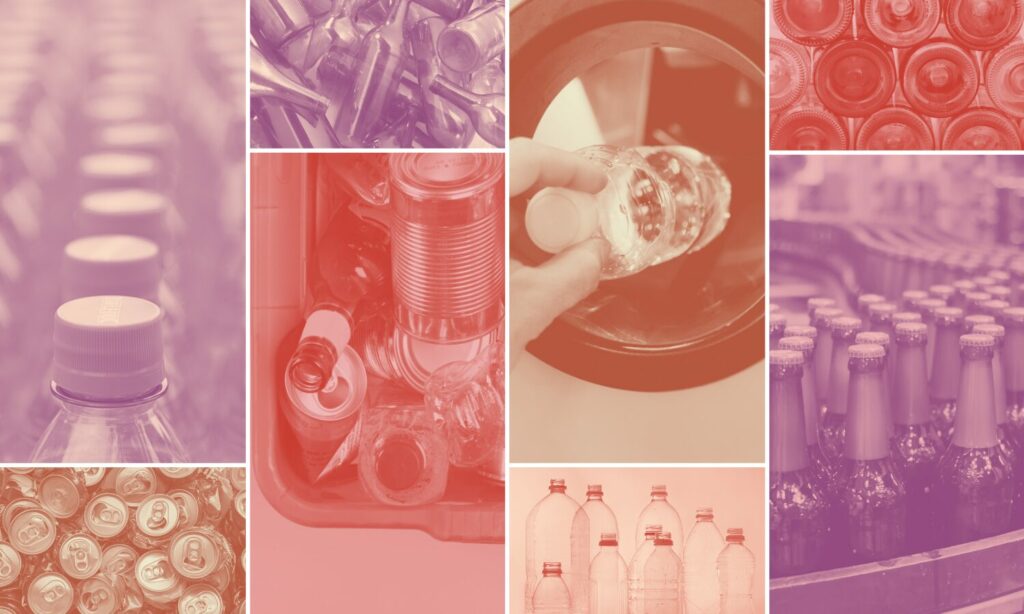
BEVERAGE CONTAINERS
Reduce litter, increase recycling, and speed up the transition to reusable and refillable containers.
Legislative Toolkit
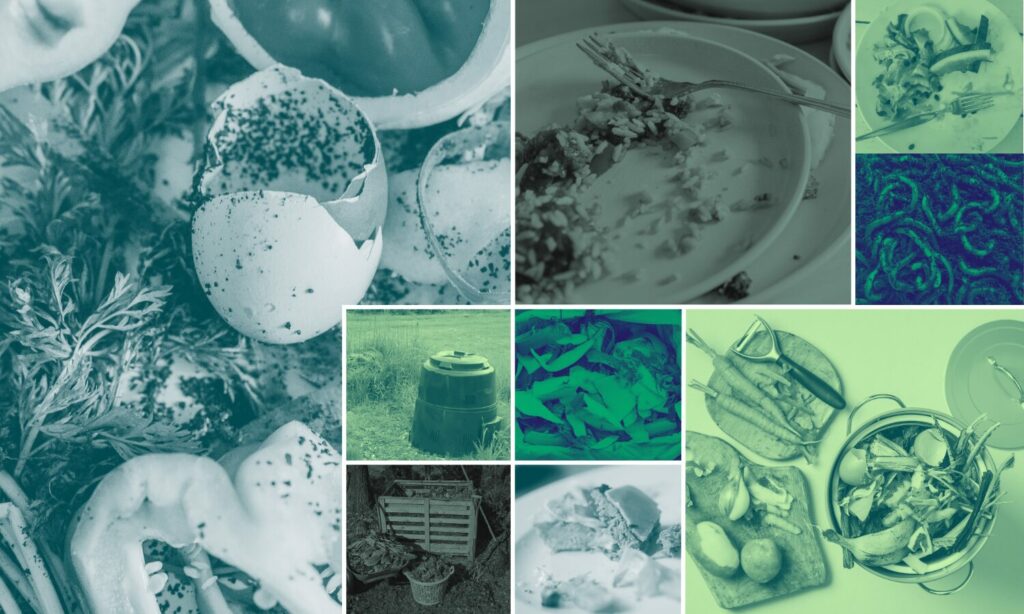
FOOD WASTE
Make food waste a thing of the past by banning the disposal of food waste in landfills and incinerators.
Legislative Toolkit
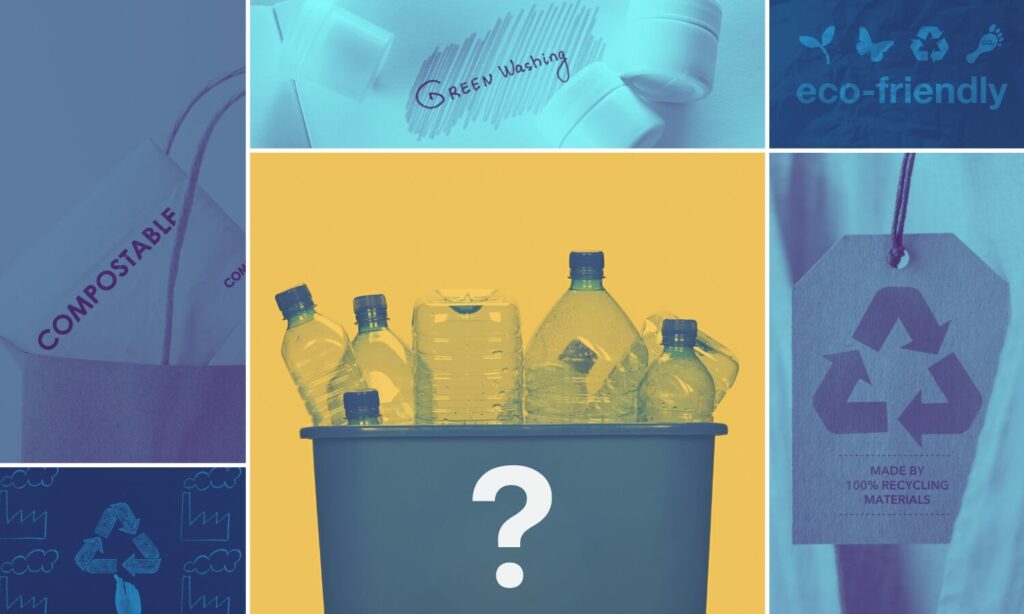
GREENWASHING
Prohibit companies from making false and misleading claims about their products and packaging.
Legislative Toolkit
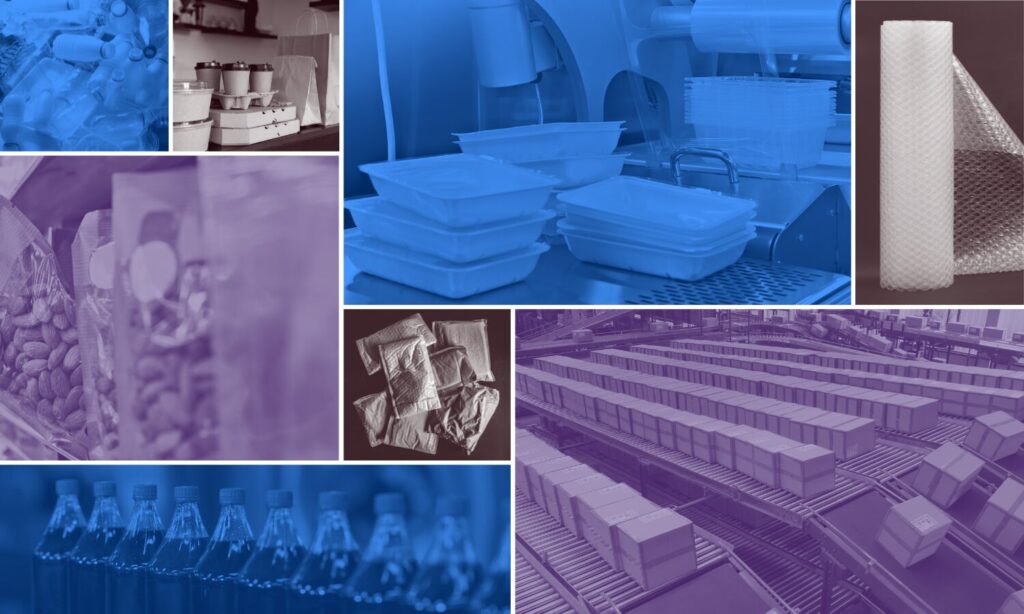
PACKAGING WASTE
Reduce packaging by making companies eliminate needless plastics and invest in recycling and reuse.
Advocacy Toolkit
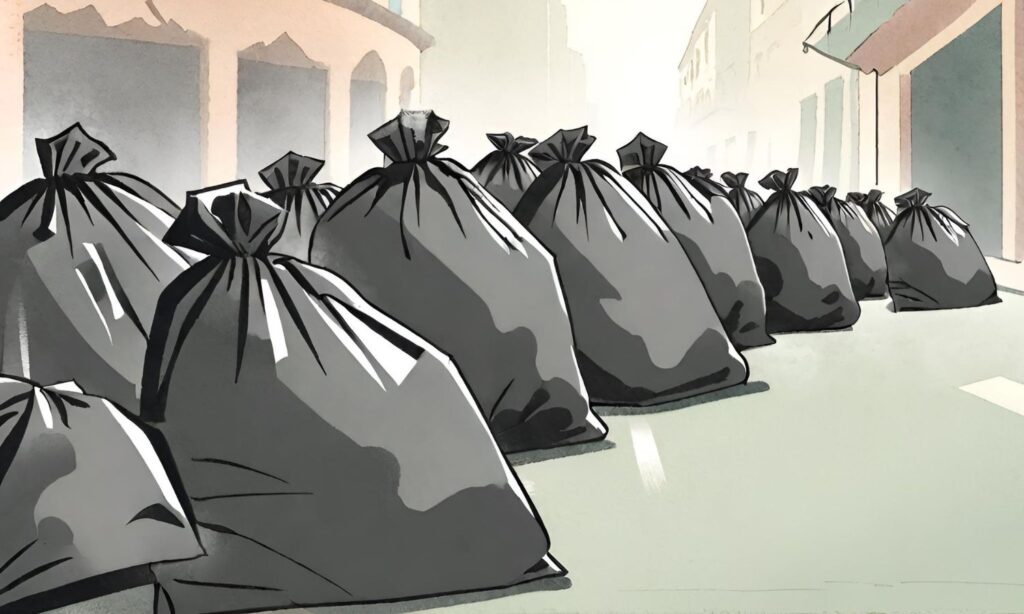
SOLID WASTE PLANS
Urge your state, county, or city to develop and implement a plan that prioritizes waste reduction.
February 6, 2025 · ISSUE BRIEF
August 16, 2023 · ISSUE BRIEF
Get Involved
Action Alert
Demand that your state:
Adopt compost and food recovery programs
Fill Out the Form
Request a Speaker
Interested in having a Just Zero staff member speak at your event? Tell us about it!
Join the movement
Donate
Make a Gift and Become a Just Zero Member
Events
